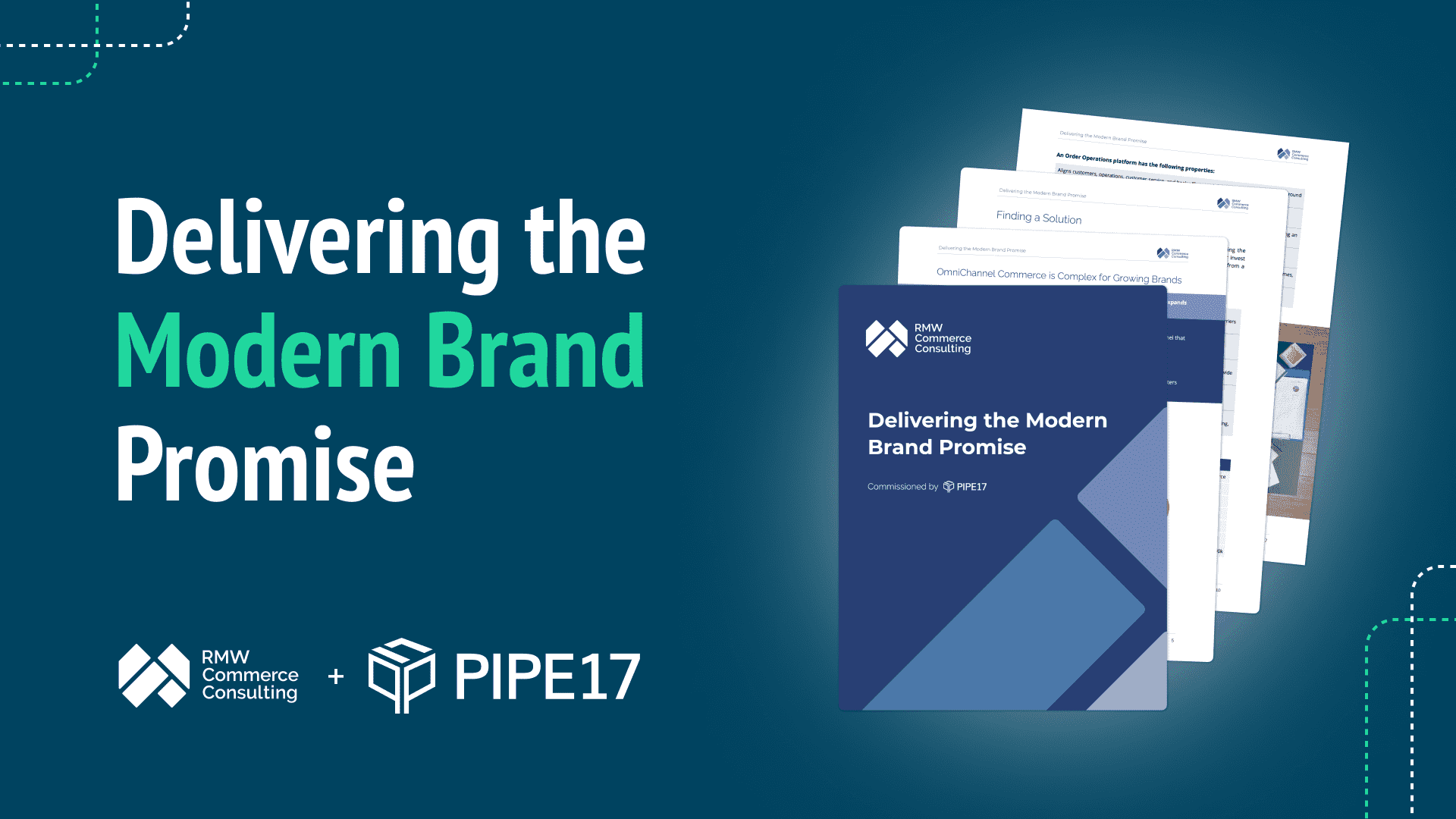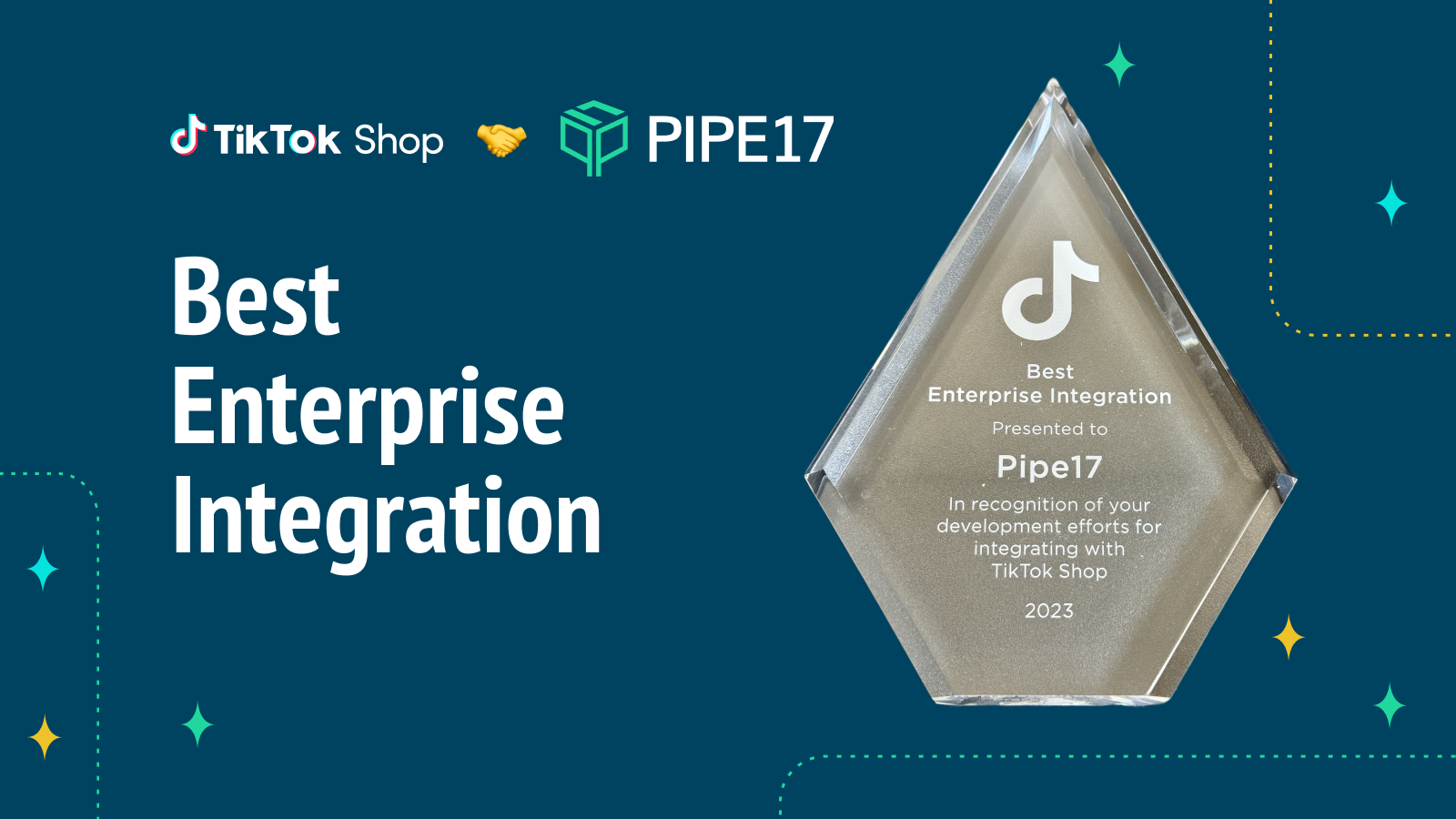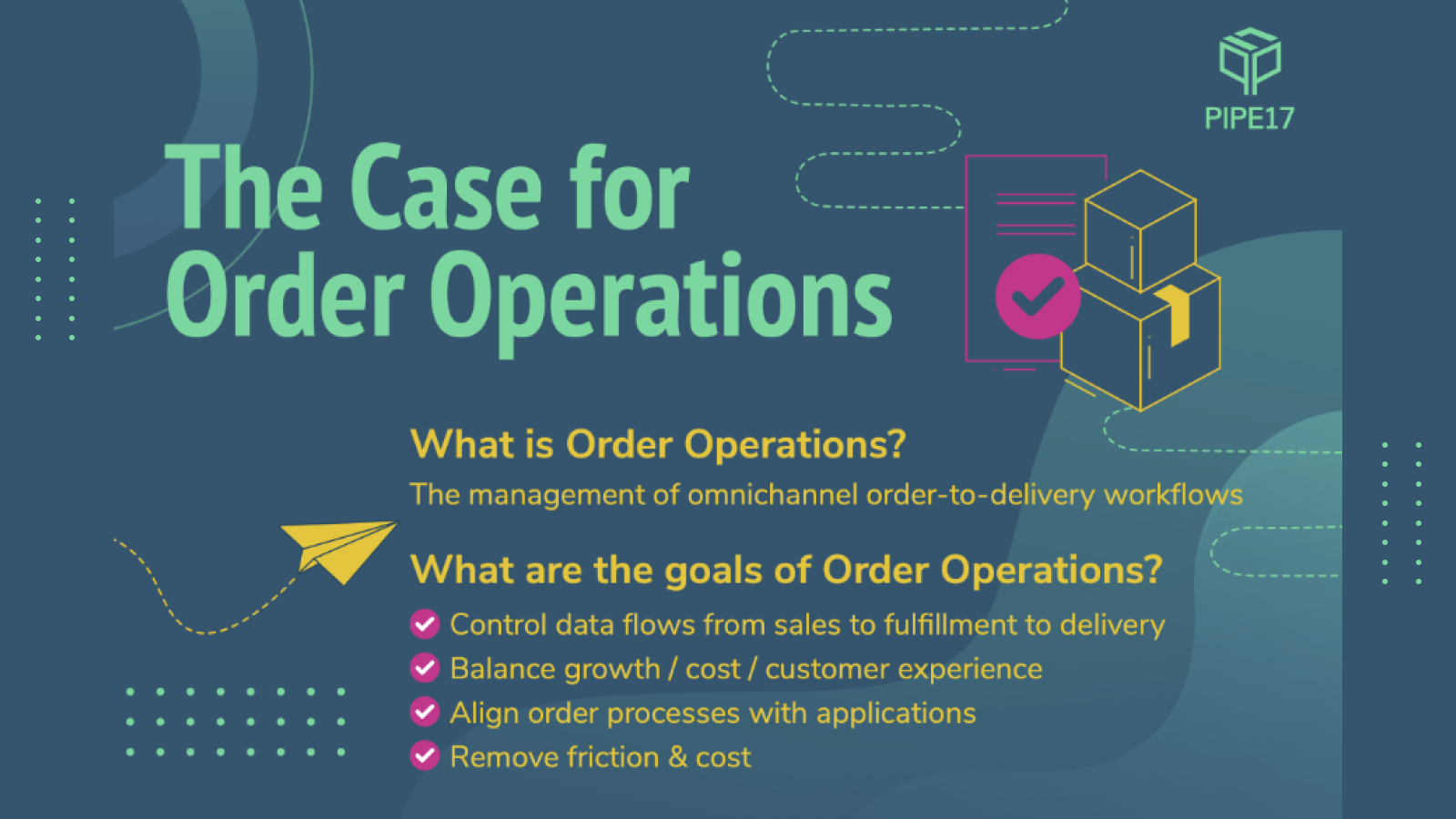With an estimated 12 to 24 million ecommerce businesses worldwide, ensuring your company stands out in the online shopping industry is essential. This is especially true after a game-changer like Brexit. You need to be a top player in the cross-border retail game and provide a seamless customer experience from the moment a first-time user visits your website, no matter where they’re located.
I’m sure you’re already making this happen through smart inventory management, flexible shipping options, language preferences, and clear communication. But while these steps are important, the most important factors you need to consider when molding your business into a top ecommerce player —especially if you sell internationally— are knowledge and transparency.
Together, these factors create trust between you and your consumers.
At Zonos, our goal is to build trust in cross-border trade by helping online retailers grow their business internationally through:
- accurate landed cost calculations,
- international tax management,
- allowing shoppers to check out in their own language, currency,
and more.
Building this trust has always been important, but with the impact Brexit has had on businesses importing into the UK, showing you’re post-Brexit ready can definitely help you win business. (For those who don’t know, Brexit is the UK’s departure from the European Union, which has resulted in changes in cross-border trade.)
So how can you ensure your business is Brexit-compliant? This blog will cover 3 main things you need to keep in mind to strengthen your business operations post-Brexit.
1. Changes to VAT (Value Added Tax) and duty will now affect your operations
Prior to Brexit, shipments moving from the UK to another European country (or vice versa) did not need to go through customs clearance. But since the UK is no longer part of the European Union, customs clearance is now required. This means duty and VAT are factors to consider when trading between the EU and the UK. The UK duty de minimis value remains at £135, meaning that orders entering the UK from the EU —or anywhere else— valued above the de minimis will be subject to duty.
The post-Brexit VAT rules, however, are a little more complex.
Since Brexit, the UK has made changes to its VAT laws. For starters, collecting VAT on low-value imports (total of goods less than £135) entering the UK is now the responsibility of the online retailer at the time of checkout. This means that if your online store receives an order from a UK-based customer where the total of goods is less than or equal to £135, you must have a system in place to charge and collect 20% VAT on this order at checkout.
The VAT de minimis of £15 has also been removed as of January 1, 2021. This means all orders entering the UK, regardless of their value, are subject to VAT. Furthermore, you need to register for a VAT number with Her Majesty’s Revenue and Customs (HMRC) and remit VAT quarterly.
Of course, to avoid this operational challenge, you can always disable UK orders valued at or under £135 on your website. However, for most sellers, this option isn’t good enough.
2. Preferential origin may save you money
If your website is set up to accommodate the pre-collection of cross-border fees like duties, then it’s important to pay attention to trade agreements. Now that you know that customs clearance is required between the UK and EU, you may be ready to start applying duty to every order entering the UK. However, many times, duties may not apply to shipments between the EU and the UK because of their Zero-Tariff agreement.
This agreement grants duty exemption for orders moving between the UK and EU that have preferential origin. This simply means that if you’re sending an order from the EU to the UK (or from the UK to the EU) and the materials used to manufacture the goods are of EU or UK origin, the order is not subject to duty. Of course, preferential origin must be stated on the commercial invoice. The UK or EU exported must provide their EORI number in order to receive preferential origin treatment.
In addition to indicating preferential origin on the commercial invoice and providing an EORI number, the goods must be properly classified to support preferential origin. Failure to comply may result in the goods being subject to EU or UK duty rates.
This means that if you’re a UK or EU-based business, you should have a record of which of your products are of preferential origin when conducting UK → EU or EU → UK order transactions. (You don’t want to overcharge the consumer!)
But, there’s something else worth noting: When a commodity is reexported/reshipped, its preferential treatment status is lost. For example, if you ship a dress made in Germany to the UK and then to France, the dress loses the preferential origin privilege it received when it entered the UK from Germany.
3. Brexit is a hidden opportunity for non-EU companies
Whether you’re an online retailer based in the UK, EU, or anywhere else in the world, Brexit may seem inconvenient for conducting business with the UK. However, you can also choose to look at this as an opportunity.
Yes, it takes effort to get your business Brexit-ready. Yes. There are extra steps to take when conducting business with the UK. But if the majority of online retailers have this mentality, you can take advantage of this by making your post-Brexit business operations as smooth as possible, instead of simply ceasing shipments.
If your ecommerce business is based outside of the EU and the UK, you can also look at Brexit as leveling the playing field between EU and non-EU online retailers selling into the UK. Now that orders entering the UK from the EU are subject to UK VAT and —in some cases— duties, UK consumers have less of a reason to limit their online shopping to the EU. This gives global brands an advantage they didn’t have before.
Therefore, no matter where you’re located, making your business Brexit-ready will make you compliant and available to a larger market. (Plus, advertising your online store as Brexit-ready may make it more attractive to UK consumers!)
What does this all mean for your business?
This is a lot of information to take in, so let’s sum up what all this actually looks like with two examples.
1. A UK consumer orders a £200 blouse [made from German materials] from Germany. This blouse has to go through customs clearance to get to the UK. The VAT collection is not the responsibility of the German retailer because the blouse is valued at above £135, but it is still subject to VAT. The order is not subject to duty because it is of preferential origin.
2. A UK consumer orders a £43 pair of shoes from an ecommerce company based in the United States. The VAT collection is the online retailer’s responsibility at the point of sale because it is valued below £135. It is not subject to duty because the shoes are valued below the duty de minimis value. The US retailer must also remit the taxes collected to HMRC.
You don’t have to figure it out alone
Hopefully, the information I shared in this article will help clear up some of the confusion around Brexit. But, if you still have questions or need help then Zonos —the company I work for— has some options to help you get your business Brexit-ready.
1. Zonos Landed Cost will calculate import duty, taxes, and carrier fees, with the ability to prepay them from within your platform or checkout, providing a seamless cross-border experience for your customers.
2. Any merchant currently using Zonos International Checkout or Landed Cost can sign up for our Landed Cost Guarantee. Zonos stays on top of the non-resident country taxation for Landed Cost Guarantee customers by tracking country thresholds and collecting taxes for you only when the threshold is met, so you never over-or-under collect on taxes.
3. Online retailers can benefit from Zonos Classify, a tool that assigns a Harmonized Code to product descriptions. Ensuring accurate product classification can improve landed cost accuracy, especially considering factors like preferential origin post-Brexit.
Brexit may stretch and challenge your ecommerce operational processes for a while. But, when handled right, it doesn’t have to be a burden.





